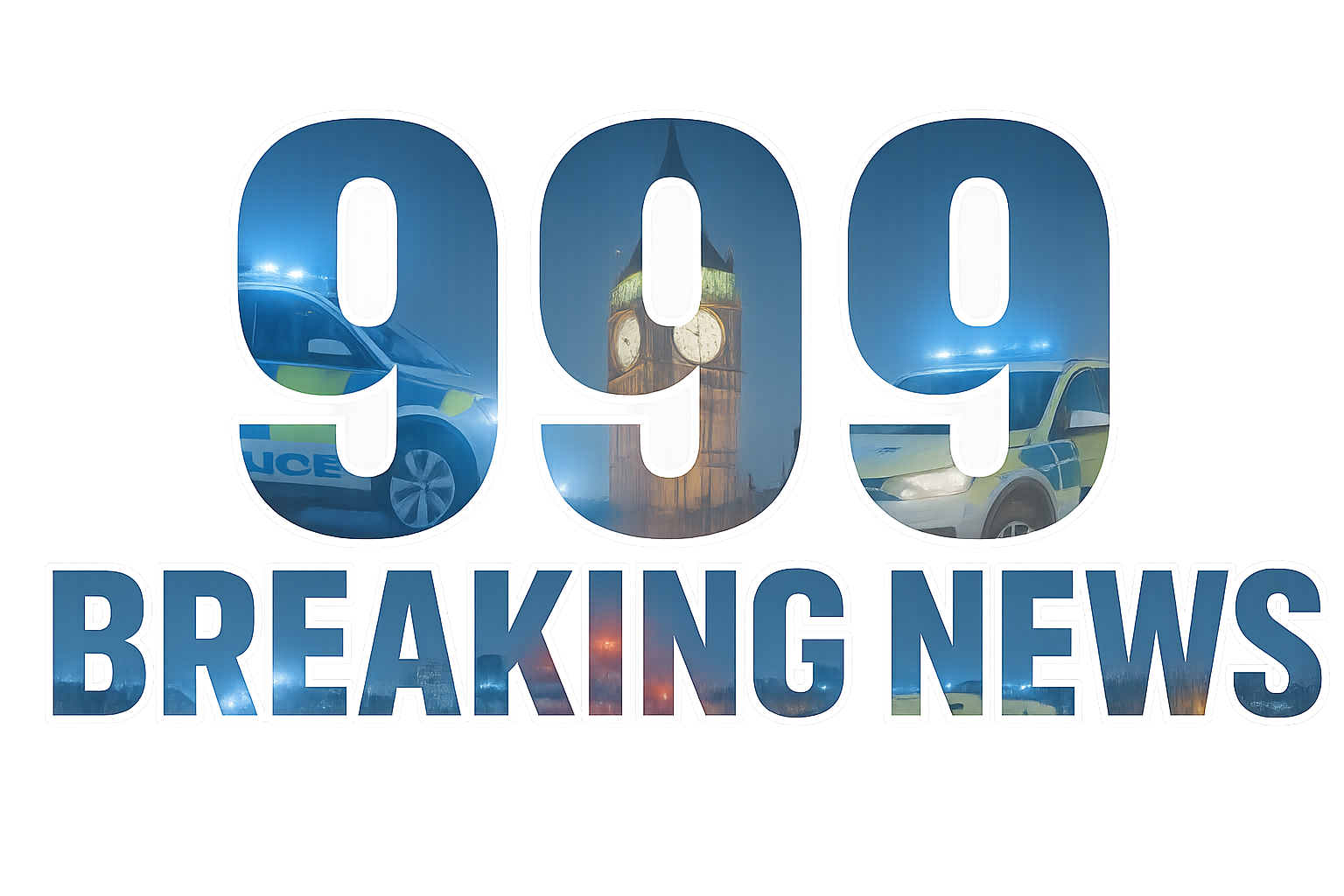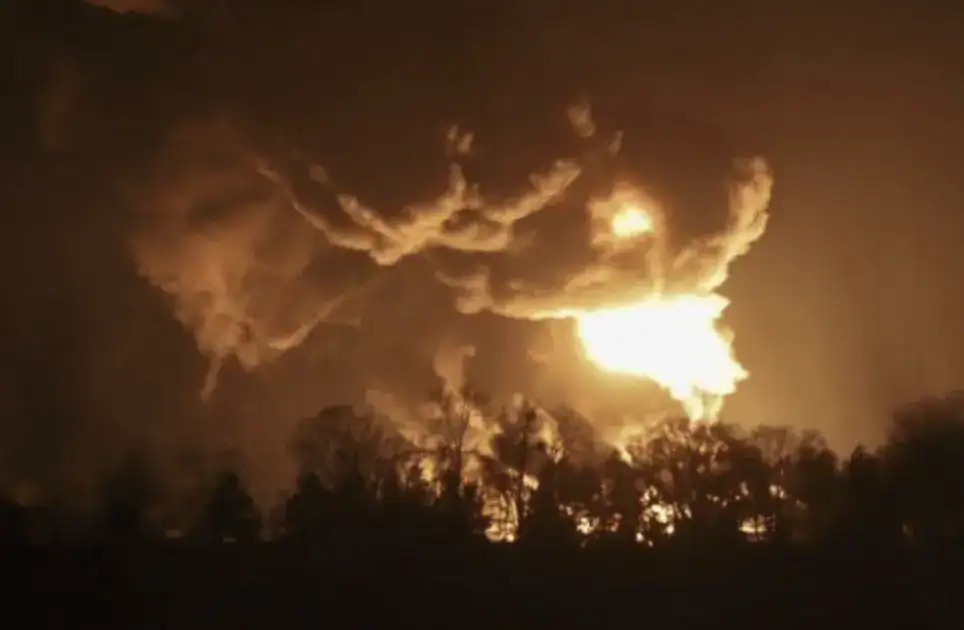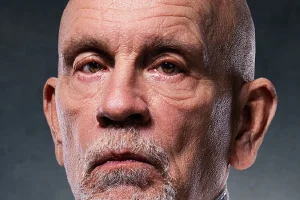U.S. President Donald Trump ignited controversy on Monday after claiming that Russian President Vladimir Putin, U.S. President Joe Biden, and Ukrainian President Volodymyr Zelenskyy are collectively responsible for “millions of deaths” in the ongoing Ukraine war.
Speaking from the Oval Office during a meeting with the President of El Salvador, Trump stated:
“Millions of people are dead because of three people.”
His comments came in the wake of a Russian missile strike on the Ukrainian city of Sumy, which killed 34 civilians. Trump referred to the attack as a “mistake,” but used it as a springboard to renew his claim that the war could have been avoided had “Biden been competent” and “Zelenskyy done the right thing.” He insisted the war would “never have happened” if he had remained in office after 2020.
Fact-Checking Trump’s Claims
Trump’s claim that “millions” have died in the Ukraine war is not supported by available evidence. According to estimates:
- Ukraine has reported approximately 46,000 military deaths, with thousands more civilian casualties.
- Russia has reported around 6,000 deaths, though Western estimates put that number significantly higher.
- The United Nations and other watchdog groups have avoided speculating beyond verified figures but estimate tens of thousands of total deaths.
No reputable source places the total death toll in the millions.
Independent fact-checkers, including PolitiFact and FactCheck.org, have previously debunked Trump’s death toll claims, describing them as grossly exaggerated and potentially misleading. Critics argue such claims undermine serious discourse around one of Europe’s most devastating conflicts since World War II.
Trump’s Oversimplification and Political Strategy
Trump’s remarks fit within his broader political narrative, often repeated on Truth Social and at campaign events: that his foreign policy would have prevented the war. He has previously described Zelenskyy as a “dictator”—a statement he later walked back—and regularly criticises Biden’s handling of the conflict as “weak.”
Yet experts argue his comments oversimplify a complex, multi-year geopolitical crisis. The war began with Russia’s full-scale invasion of Ukraine on 24 February 2022, following the 2014 annexation of Crimea. Putin has justified the invasion under disputed claims of protecting Russian-speaking populations—claims rejected by international courts and most Western governments.
Public and Global Reactions
Trump’s statements have prompted a flurry of reactions across platforms:
- On X (formerly Twitter), some users agreed with Trump’s peace rhetoric, saying “he’s the only one talking about ending the war.”
- On Reddit, others pushed back: “This isn’t a three-way fault. One country invaded another. That’s on Russia.”
- On Threads, a user wrote, “Trump’s deflecting from Putin’s responsibility just to hammer Biden and score political points.”
Ukrainian President Volodymyr Zelenskyy, speaking to CBS News a day earlier, indirectly addressed Trump’s rhetoric by inviting him to visit Ukraine and witness the war’s human toll. “Words are easy. Come and see what we’re living through,” Zelenskyy said.
The Broader Context of the Ukraine War
Since 2022, the conflict has:
- Displaced more than 7 million people, according to the UN Refugee Agency
- Cost Ukraine nearly $500 billion in infrastructure damage
- Resulted in over £140 billion in Western aid, primarily from the U.S. and EU
President Biden’s administration has maintained consistent military and humanitarian support for Ukraine, while facing criticism from some U.S. voters over the war’s duration and cost. Zelenskyy’s domestic approval remains strong at 57%, per the Kyiv International Institute of Sociology, as he leads a nation under siege.
What’s Next for Ukraine?
The war shows no signs of an imminent end. While some world leaders advocate for peace talks, Ukraine continues to insist on security guarantees and a full Russian withdrawal before any negotiations.
Meanwhile, Trump’s comments add political pressure—particularly in the U.S., where 2024’s electoral dynamics continue to shape international rhetoric. His comments, whether viewed as diplomatic outreach or political opportunism, underscore a growing divide in Western attitudes toward the war.
As the conflict enters its fourth year, we will continue to track the realities on the ground, the diplomatic efforts, and the rhetoric shaping global opinion. For deeper insights, explore our full Ukraine conflict archive.







































